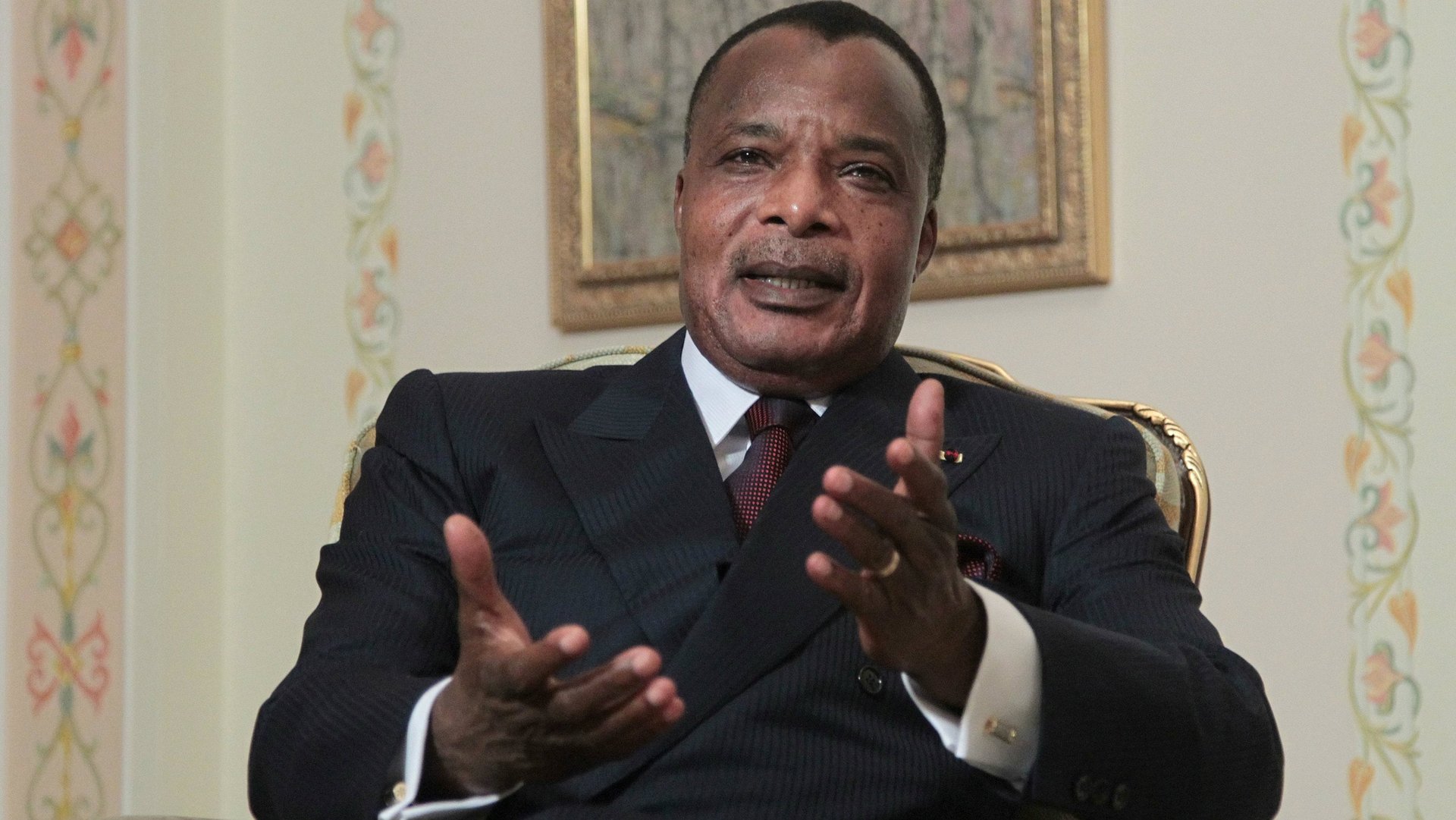Africa’s democracies need to reconcile with term limits—and not just to keep the West happy
With news that Rwanda’s well-regarded president Paul Kagame, received the go ahead from his country’s legislators allowing him to stand for a third term which comes soon after Congo-Brazzaville’s controversial referendum to allow president Denis Sassou Nguesso to extend his mandate there has been plenty of talk about third terms in Africa of recent.


With news that Rwanda’s well-regarded president Paul Kagame, received the go ahead from his country’s legislators allowing him to stand for a third term which comes soon after Congo-Brazzaville’s controversial referendum to allow president Denis Sassou Nguesso to extend his mandate there has been plenty of talk about third terms in Africa of recent.
Much of that talk outside of Africa has been about the United States and its Western allies putting pressure on ‘third-termers’.
The promotion of the ‘rule of law’ and ‘democratic norms’ has been an American strategic interest since the Second World War, if not since its founding. Since the end of the Cold War, a number of countries, such as OECD member states that are considered both political allies and economic peers, as well as by less developed states with spottier democratic records have partnered with the United States in this endeavor.
One would think given such a seeming consensus about the importance of democratic institutions, that the push in a number of Sub-Saharan African countries to circumvent term limits would be met with more of an international outcry. Certainly, the sheer number of countries across the continent that have attempted such revisions should give pause.
Political analyst Ken Opalo observes that “Since the early 1990s, 24 presidents in Sub-Saharan Africa initiated discussions in attempts to stay in office for more than two terms when confronted with term limits. In 15 countries presidents started the process of actually amending the constitution. In 12 of these cases (Burkina Faso, Burundi, Cameroon, Chad, Gabon, Guinea, Namibia, Niger, Rwanda, Senegal, Togo, and Uganda) the presidents succeeded.” More challenges await, as it seems likely that term limits in the Democratic Republic of the Congo, Angola, and Congo Brazzaville will be flouted.
While some countries have undermined term limits through parliamentary measures, giving them an aura of democratic legitimacy, AfroBarometer survey data shows overwhelming support for presidential term limits in countries that have since removed them. Even in Burundi—the country least supportive of two-term limits for the president—61.5% of citizens supported such limits. In Uganda, 77.1% of Ugandans were in favor of two-term limits—yet President Museveni was still able to coordinate a parliamentary repeal of the constitutional provision limiting his term in office.
However, international political criticism of such contravention has been muted. And, perhaps more concretely, economic relations have not been unduly strained by these anti-liberal constitutional amendments.
For the countries identified by Opalo where data was available from the World Bank on Foreign Direct Investment flows, there appears to be only a slight decline in the amount of FDI received between the year proceeding the repeal of term limits and within a year after the term limit was repealed, FDI flows surpassed their previous levels, on average.
The implications for the revocation of the term limits are stark. Africa, demographically, is a young continent. The UN estimates that there are 200 million people between 15-24 on the continent, providing both an incredible opportunity for economic growth and a daunting challenge to provide sufficient services and opportunities to this population.
It is unlikely that Africa can reap this demographic dividend, however, if their political systems are unresponsive. The abolishment of term limits will further entrench the divide between political ruling class and the burgeoning youth population across the continent; the result of this gulf will almost certainly undermine stability and development.